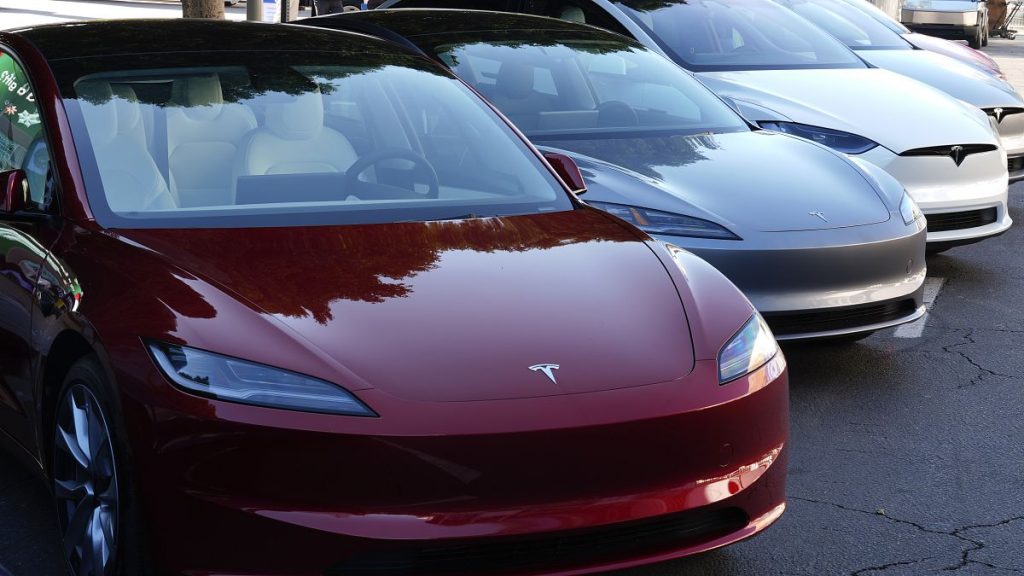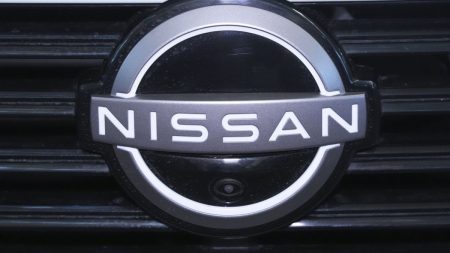The automotive industry is undergoing a significant shift towards electric vehicles (EVs), a transition that is expected to continue regardless of potential changes in federal tax credits under President-elect Donald Trump. During his campaign, Trump criticized the existing tax credit of up to $7,500 for EV purchases, labeling it part of a “green new scam” and suggesting that eliminating it would benefit the auto industry while redirecting those funds to infrastructure projects. Despite his threats, the reality of the situation is more complex, as the vast investments already made by automakers—amounting to at least $160 billion since 2021—suggest a firm commitment to EV production regardless of political winds.
The elimination of tax credits could have a significant impact on EV sales, making electric vehicles less financially accessible for many consumers. Jonathan Chariff, an executive at a Miami Ford dealership, points out that the tax credits effectively lower monthly payments for buyers, making EVs more competitive with gasoline vehicles. With the average sale price of electric cars hovering around $57,000 compared to $48,000 for gas-powered vehicles, the credit offers considerable price relief. Automakers must also adhere to new requirements concerning domestic manufacturing to qualify for full credits, which complicates the landscape further. Overall, the consensus among experts is that cutting these credits could lead to reduced EV sales and slow the industry’s momentum.
Elon Musk, CEO of Tesla and a close advisor to Trump, has echoed Trump’s sentiment, suggesting that the termination of tax credits would pose a greater risk to competitors than to Tesla itself. This viewpoint raises questions about the broader implications for the industry’s competitive landscape. However, for Trump to successfully rescind these credits, he would require support from a Republican-led Congress, many members of which represent districts that benefit from the tax incentives. Legal experts have also pointed out potential difficulties, as attempting to cancel or significantly alter established tax provisions could lead to judicial challenges.
Research has shown that awareness of tax credits significantly influences consumer choices towards EVs, highlighting their importance in promoting electric vehicle adoption. These incentives enable the Big Three automakers—General Motors, Ford, and Stellantis—to transform their production capabilities more rapidly and to compete effectively against foreign automakers, particularly those in China who have benefited from substantial government support in their own EV development. Despite the struggle of companies like Ford and GM, who are currently facing losses on their electric models, automakers remain optimistic that these operations will become profitable as production scales up and costs decrease.
The challenges presented by a potential cut to EV tax credits could further hinder the position of American automakers in the global EV market. Sam Fiorani, a vice president at AutoForecast Solutions, noted that the denial of these credits may hurt Detroit’s Big Three in the long term, especially as foreign competitors continue to innovate and advance in technology. Although GM and Ford have not publicly commented on the potential policy shifts, they maintain that their plans to expand electric vehicle production will persist, irrespective of the changing political landscape.
Ultimately, despite the uncertainties surrounding federal policy and the implications of Trump’s presidency on tax incentives, automakers appear committed to their long-term goals of transitioning to electric vehicles. Companies like Toyota, which is investing heavily in battery facilities in North Carolina, emphasize that political variables will not derail their strategies for product development and capital investment. This enduring optimism underscores a fundamental change in the automotive industry that appears poised to continue, which could reshape the landscape, fuel innovation, and significantly impact environmental goals regardless of immediate policy threats.














